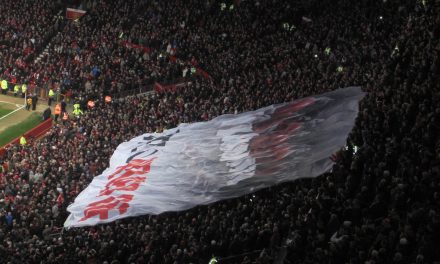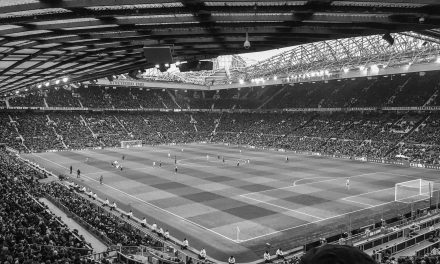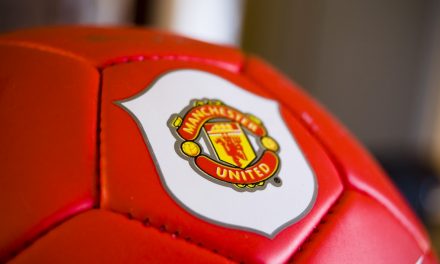We all remember VAR (Video Assisted Referee) from the World Cup. It was touted as this big revolution, using video to review potential outcome changing events and make sure the officials got it right. Except it’s not new, VAR in some form or another has been around in many other sports for a long time.
It seems like those in charge of governing the game have almost a resistance to utilising technology because it represents change and they don’t like change. The problem is that failing to adapt to changing times runs the risk of having a negative impact on the game.
Sure, we all love a good bit of controversy, and yes it does give reporters, bloggers, pundits and the Twitterverse something to talk about. However, when the thing we’re talking about is how wrong the referee got it, or how that was absolutely a goal if only the linesman wasn’t blind. That’s not a good thing. That’s a sign of a systemic problem that needs to be changed.
Keep in mind here folks, we’ve been talking semi-seriously about some sort of technology since 2007 when FIFA and the International Football Association Board (IFAB) began looking at various technologies to help make the officiating more accurate. Ultimately these tests were abandoned, as according to now disgraced former FIFA general secretary Jerome Valcke, they feared the use of technology would spread to other parts of the game.
Now VAR itself isn’t perfect. There’ve been instances where the camera was obscured, or the software crashed, and the video referee was unable to review the play. Software failures are what they are, the call made by the referee on the field has to stand in those instances. As for the camera being obscured, it’s a crazy thought, but have more than one camera maybe?
The main argument against any kind of replay is that it slows the game down. I’m not suggesting that we stop the game while the referee has a natter with his mate watching the TV, and yes widespread introduction of VAR will lead to a few more delays but that’s why it must be limited to those events that change a game. However, based on what we saw in the 2018 World Cup, it really didn’t take that long, and doesn’t take that long in other sports that use some sort of video replay too.
As fans of the game, we have to decide what’s more important for the sport. Getting it right or being quick about getting it wrong.
Thankfully after the fiasco of Charlie Austin’s disallowed goal against Watford, the teams of the Premier League have voted in principle to adopt usage of VAR from the 2019 / 2020 season. It’s only taken 12 years, and countless officiating errors that could have been avoided. Oh, and it’s still subject to FIFA and IFAB approval so may not even happen.
It’s really outrageous that in 2019 we’re still having to argue the case to use video technology. Which in case you’ve been living under a rock, or work at FIFA, has come a long way since the 1980s. We now have phones that are more powerful than previous years’ laptops, you really think we can’t accurately track a ball with a metric fuck-ton of cameras?!
Being so resistant to technology is not a good look for those in charge of governing football. What happens when there’s the next technological improvement we can make to the game? Will it take another decade before those in charge of the sport realise that maybe just maybe they have to adapt? Probably, hell it probably took them 15 years to put a microwave in the kitchen at FIFA HQ.





